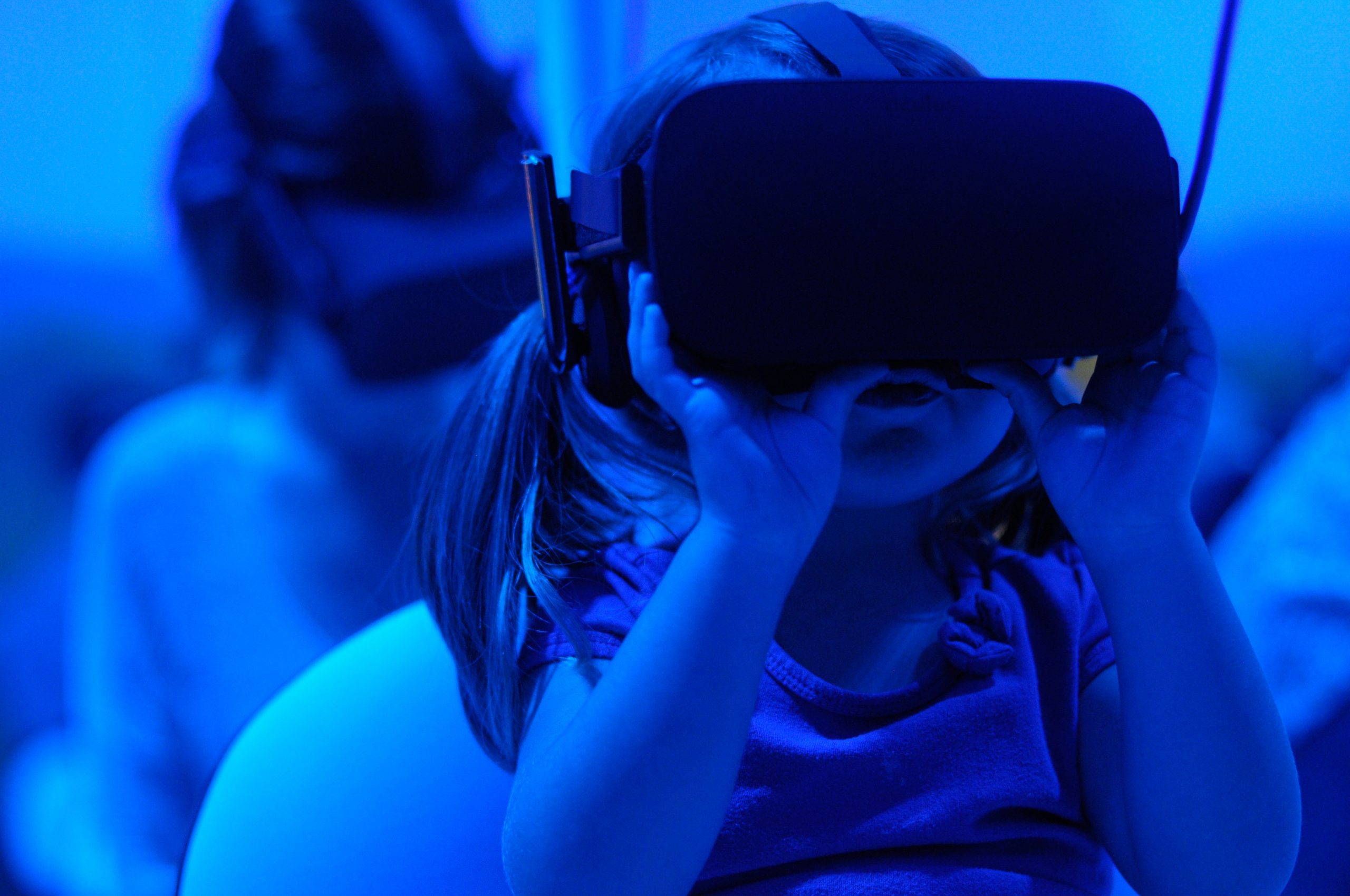
Protecting Children’s Privacy at Home, at School, and Everywhere in Between
Summary
Young people today face surveillance unlike any previous generation, at home, at school, and everywhere in between. Constant use of technology while their brains are still developing makes them uniquely vulnerable to privacy harms, including identity theft, cyberbullying, physical risks, algorithmic labeling, and hyper-commercialism. A lack of privacy can ultimately lead children to self-censor and can limit their opportunities. Already-vulnerable populations—who have fewer resources, less digital literacy, or are non-native English speakers—are most at risk.
Congress and the Federal Trade Commission (FTC) have repeatedly considered efforts to better protect children’s privacy, but the next administration must ensure that this is a priority that is actually acted upon by supporting strong privacy laws and providing additional resources and authority to the FTC and support to the Department of Education (ED). The Biden-Harris administration should also establish a task force to explore how to best support and protect students. And the FTC should use its current authority to increase its understanding of the children’s technology market and robustly enforce a strong Children’s Online Privacy Protection Act (COPPA) rule.
The Federation of American Scientists supports Congress’ ongoing bipartisan efforts to strengthen U.S. leadership with respect to outer space activities.
By preparing credible, bipartisan options now, before the bill becomes law, we can give the Administration a plan that is ready to implement rather than another study that gathers dust.
Even as companies and countries race to adopt AI, the U.S. lacks the capacity to fully characterize the behavior and risks of AI systems and ensure leadership across the AI stack. This gap has direct consequences for Commerce’s core missions.
As states take up AI regulation, they must prioritize transparency and build technical capacity to ensure effective governance and build public trust.